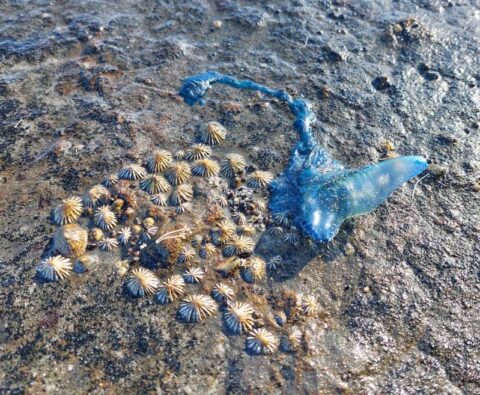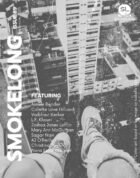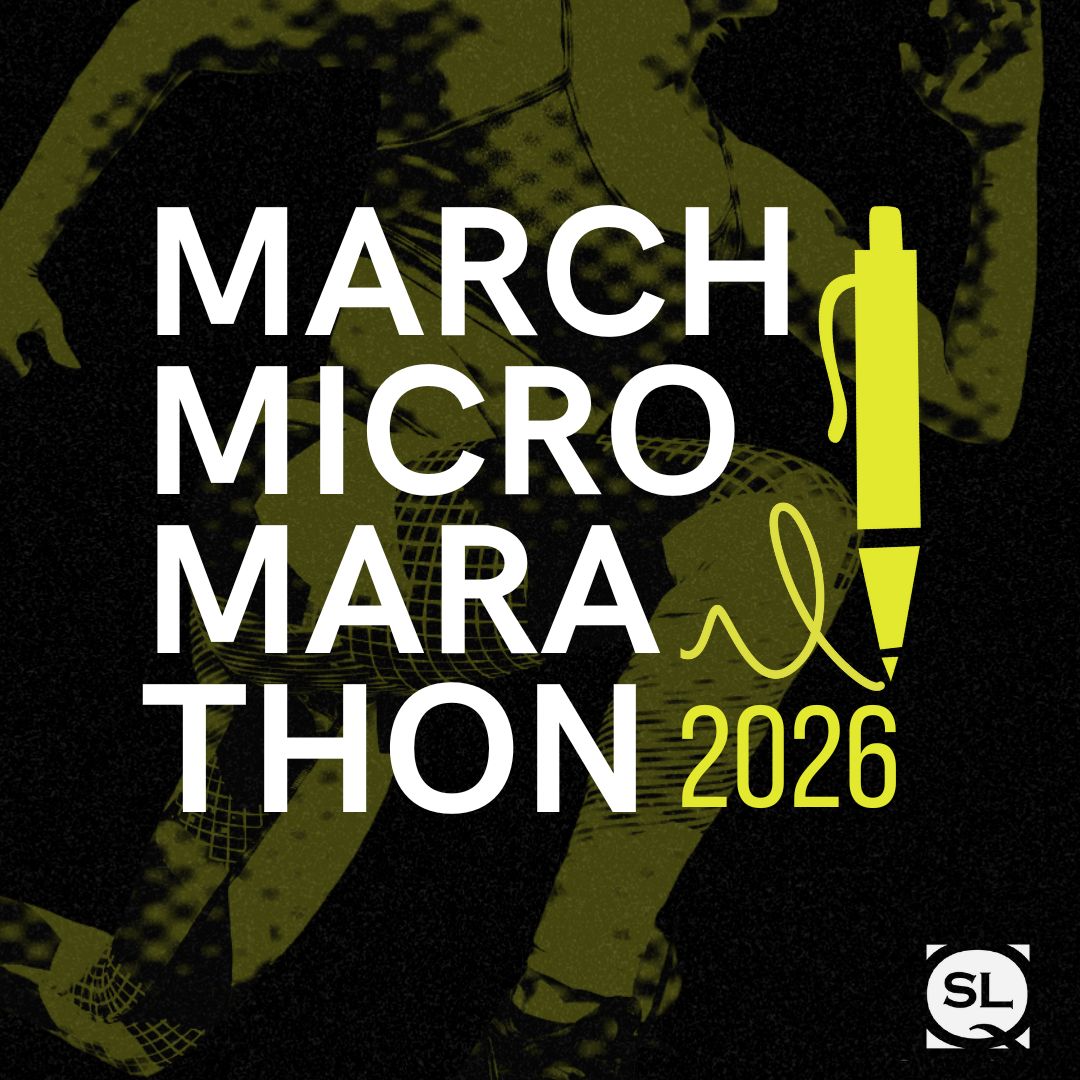I love how this child, like most kids, disregards her mother’s warnings to stay away from the raccoons. A fearless and feral child, very similar to the raccoons already—but her uncle shares this similarity. Is it possible the narrator recognizes this wildness between them, and that’s why she’s the only one to offer him water?
Absolutely, I think solidarity exists between the narrator and her uncle. The narrator is apathetic to her mother’s pain, so she pities the uncle. However, like most children, she’s influenced by her mother’s opinions and has inherited her fears, so she’s still wary of the uncle. But by interacting with him and crawling under the house etc., she’s rebelling and challenging these inherited attitudes.
The way the narrator’s brother cares for their mother’s scar every night is so tender and beautiful. I imagine this is the son he is, but does he have a fear of being perceived in the same way as his uncle, maybe starting to see the physical resemblance himself?
That’s exactly right. Unlike the narrator, he fears his capacity for violence and tries to literally heal the family’s trauma. But this unintentionally reinforces his mother’s fixation on the wound. I’d say he feels obliged to atone for his uncle’s actions and mend the unresolved conflict.
The narrator’s mother reopens her wound to keep the memory of what happened real, believable. Aside from the protection against hurricanes, do you think the mother feeds the raccoons as another way of remembering, a sort of self-protection?
Self-protection and fear are definitely why she feeds the raccoons. On the surface, it appears the mother loves the raccoons: She feeds them and believes they grant protection, but internally she fears the raccoons and their potential to turn rabid and bite like her brother. She doesn’t want her daughter near them. She feeds them to be on their good side, believing this will prevent them from biting. She becomes absorbed with caring for the raccoons at the expense of her other relationships. Perhaps she feels she could’ve prevented her brother’s violence.
Witnessing her mother’s distress and continued self-harm at a young age, how do you imagine the narrator will face hardships in her own life?
I imagine this narrator might deliberately avoid emulating her mother when hardships arise. Already, she opposes or is apathetic to her mother’s views on the uncle, the raccoons and rabies. So likely she’ll navigate hardships in her own way and develop extreme independence to the point of isolation and relationship dysfunction.
The narrator is a child who needs more love from her mother, who’s probably stunted from trauma. How do you imagine this narrator will see her mother when she becomes an adult? Will she get what she needs from her at some point? Will there be empathy, resentment, or acceptance of what her mother’s best was? Possibly all?
I love this question. Unfortunately, I don’t think the narrator will get what she needs from her emotionally unavailable mother trapped in trauma. As an adult, the narrator might feel a mix of empathy and resentment. She’ll understand her mother’s actions weren’t malicious, but she’ll be wounded from the neglect.



 In its third year, The March Micro Marathon will be, as usual, a prompt-a-day whirlwind for 24 days. You’ll exchange drafts of micro fiction, non-fiction, and prose poetry in small groups and gather for a series of online events (all recorded for participants unable to attend live). We’ll finish with 3 competitions, and participants who are not already in SmokeLong Fitness will be invited to workshop with SmokeLong Fitness until the end of April!
In its third year, The March Micro Marathon will be, as usual, a prompt-a-day whirlwind for 24 days. You’ll exchange drafts of micro fiction, non-fiction, and prose poetry in small groups and gather for a series of online events (all recorded for participants unable to attend live). We’ll finish with 3 competitions, and participants who are not already in SmokeLong Fitness will be invited to workshop with SmokeLong Fitness until the end of April!